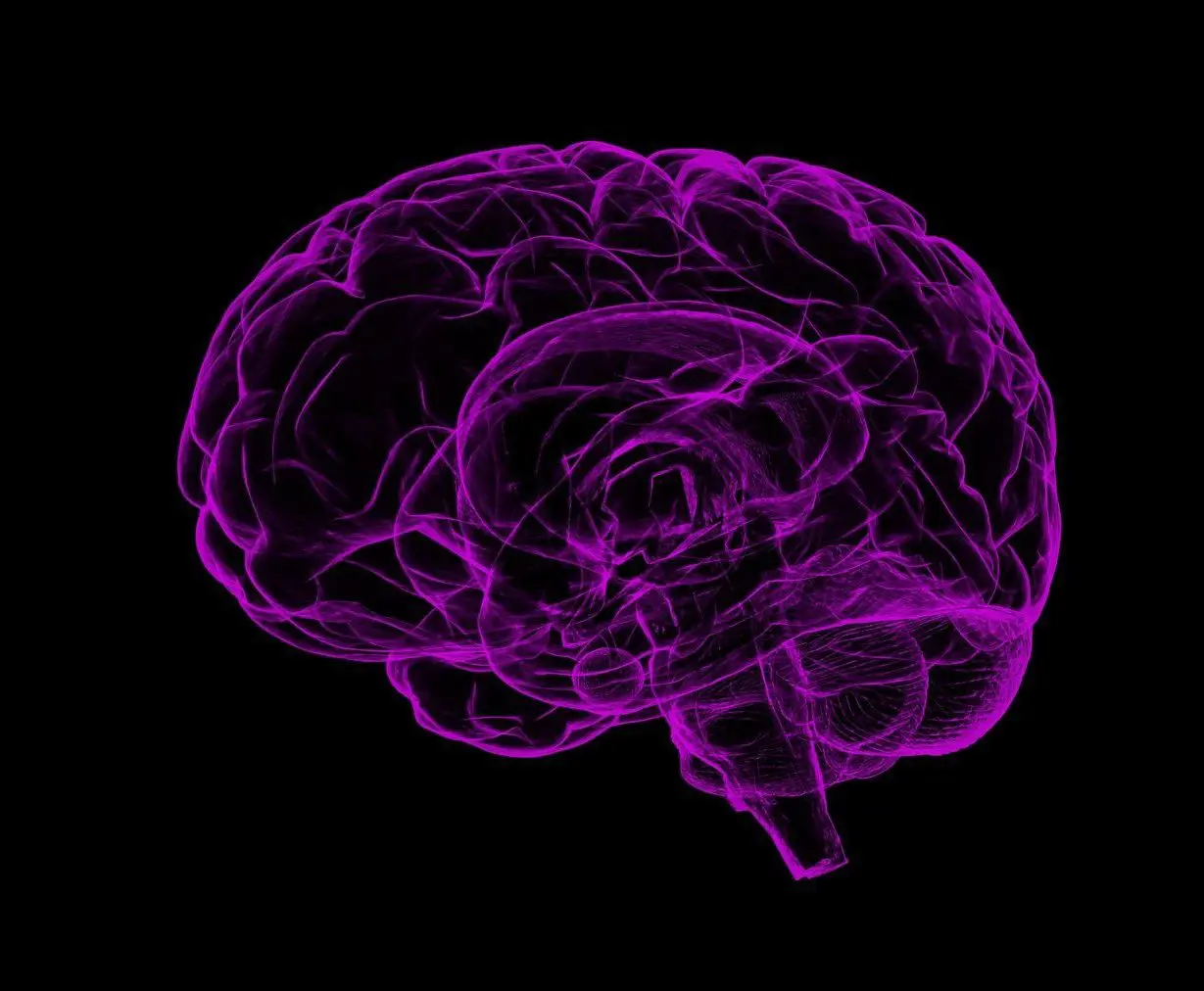
Understanding and Overcoming Triggers for Trauma Survivors
Traumatic events are overwhelming, often shifting the entire worldview of

As a global leader in trauma treatment, we are dedicated to sharing the latest research, therapeutic techniques, and personal stories of healing. Our blog covers a wide range of topics, from understanding the impact of trauma on mental health to practical strategies for fostering resilience, self-compassion, and holistic well-being. Whether you are someone affected by trauma, a loved one, or a professional in the field, our goal is to provide valuable content that supports your journey towards lasting recovery and a healthier, more fulfilling life.

Traumatic events are overwhelming, often shifting the entire worldview of

Hypervigilance is not a mental health condition on its own,

All healthy relationships need boundaries. Boundaries don’t mean you’re closing

The most common metaphor used to describe our brains is

From the outside, it can be hard for those of

Menopause, and perimenopause, bring changes to a woman’s body with

People often say they’re having a breakdown. The Rolling Stones

Coregulation lies at the heart of all human relationships. According

According to polyvagal theory, shifts in the autonomic nervous system

Conceived by Dr Stephen Porges, neuroception describes the body scanning



Get in touch with us and share your story if you feel comfortable with someone who will listen. Our team are always here to help.

Meet with a senior member of our clinical team and get insights into the root causes of your issues, plus a written report and treatment recommendation.

Discover our innovative trauma recovery pathway. Find out more about how we treat, what we treat, our clinics, pricing and more.

help@khironclinics.com
"*" indicates required fields
© Copyright 2025 Khiron Clinics. All right reserved

"*" indicates required fields
"*" indicates required fields